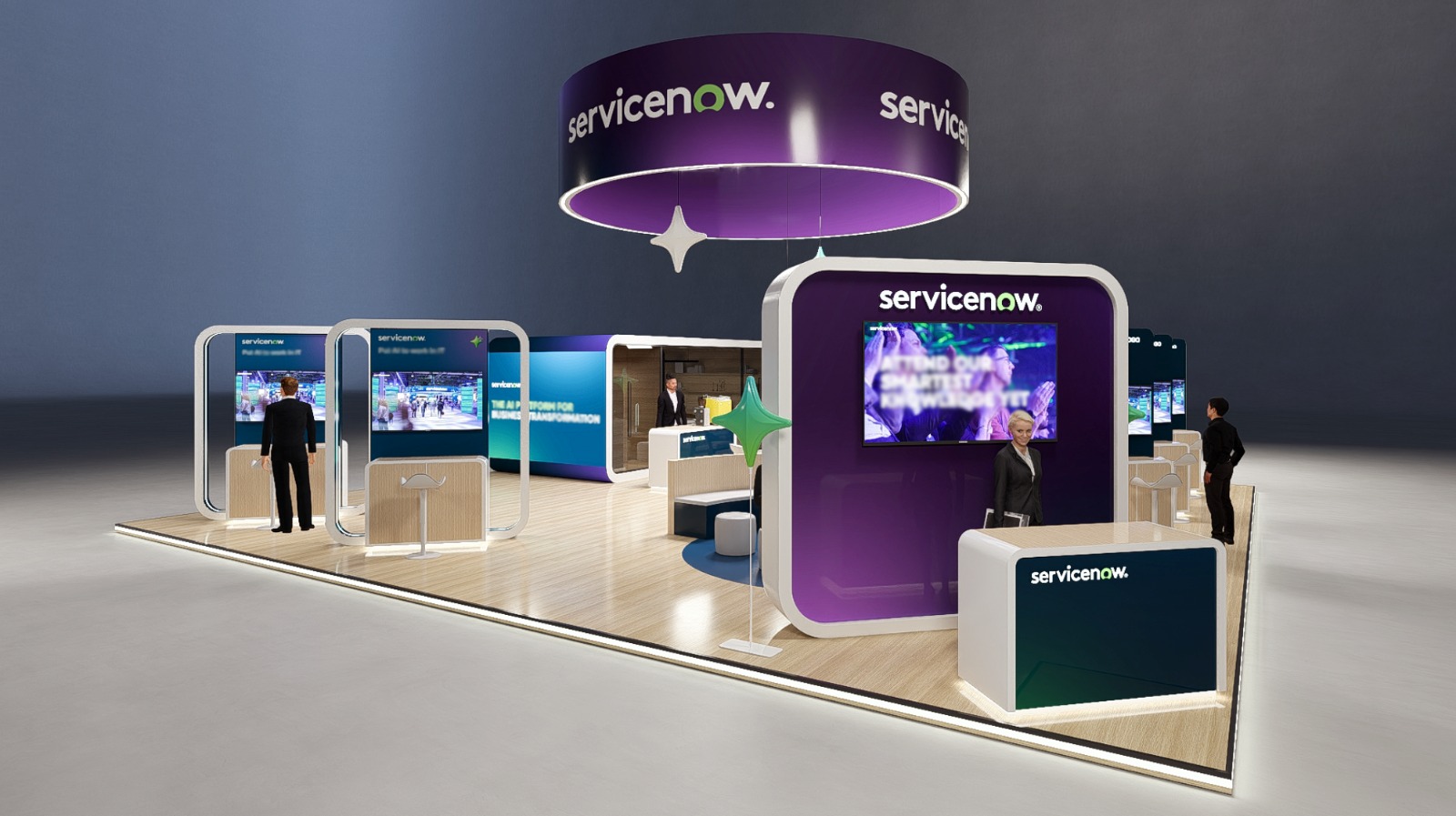The Middle East’s IT spending is set to continue its upward trajectory in 2025, driven by businesses and governments doubling down on digital transformation. As economies across the region diversify and modernise, organisations are investing heavily in technology to enhance efficiency, streamline operations, and gain a competitive edge.
However, despite this enthusiasm, a persistent challenge remains: the IT skills gap.
by Prasanna Rajendran, Vice President – EMEA, Kissflow
Across the Middle East and Africa (MEA), many organisations are still struggling with app development backlogs. The severity of this issue is best highlighted in IDC’s prediction that by 2026, more than 90% of organisations worldwide will feel the pain of the IT skills crisis, amounting to some US$5.5 trillion in losses caused by product delays, impaired competitiveness, and lost business. The demand for digital solutions is outpacing IT teams’ ability to deliver, leading to bottlenecks that stifle innovation. This is where a new approach—Citizen Development—can be transformative.
Empowering the Experts
Citizen developers are employees with little to no coding knowledge who use intuitive, visual-based platforms to build applications tailored to their departmental needs. These individuals are the subject matter experts most familiar with the processes they aim to digitalise, allowing them to create solutions without extensive back-and-forth between business units and IT teams. Until recently, technical barriers made this approach unfeasible. Now, with the rise of Low-Code and No-Code (LCNC) platforms, organisations can finally tap into this vast resource pool.
LCNC platforms enable business users to develop applications without requiring deep coding knowledge. Instead of writing complex scripts, they can leverage drag-and-drop interfaces, pre-built templates, and AI-assisted workflows to create functional, scalable solutions. It is no surprise that 62% of organisations now believe citizen development programmes will significantly accelerate their digital transformation efforts. Consequently, Kissflow research has found that the majority (56%) have now prioritised citizen development as a top initiative and have accordingly directed funding.

The AI Advantage
Artificial intelligence is taking the LCNC revolution even further, making the development of powerful applications more intuitive than ever before. AI-powered development environments can guide users through the process, automate mundane coding tasks, and even suggest optimisations in real time. This not only enhances productivity but also ensures that applications built by citizen developers meet high standards of functionality and efficiency. Moreover, AI can bridge skill gaps by providing real-time assistance, flagging potential issues before deployment, and ensuring that applications adhere to best practices.
Not Without IT Control
As promising as citizen development is, it does not mean IT teams become redundant. On the contrary, IT leaders play a crucial role in ensuring governance, security, and integration. By 2026, Gartner predicts that 80% of people using low-code tools will be outside traditional IT departments. While this democratisation of development is exciting, it raises valid concerns around compliance, data security, and maintainability.
Fortunately, LCNC platforms already incorporate mechanisms to address these concerns. Many offer centralised management dashboards where IT teams can oversee development efforts, approve applications before deployment, and ensure seamless integration with existing systems. This governance layer allows organisations to maintain control while simultaneously expanding their capacity for innovation. Rather than seeing citizen development as a threat, IT teams should embrace it as an opportunity to scale their impact and focus on more complex, high-value projects.
More Apps, More Progress
Citizen development is not just a trend—it is a strategic shift that has the potential to redefine how organisations approach digital transformation. By empowering employees to take an active role in application development, businesses can reduce IT backlogs, accelerate process automation, and foster a culture of continuous innovation.
In 2025, the organisations that thrive will be those that embrace this new paradigm. Citizen development is no longer an experiment; it is a proven model that is already delivering tangible results. With LCNC platforms and AI-driven assistance, businesses can equip their workforce with the tools they need to drive digital transformation from within. The future belongs to those who can harness the expertise of their people, and citizen development is the key to unlocking that potential.









